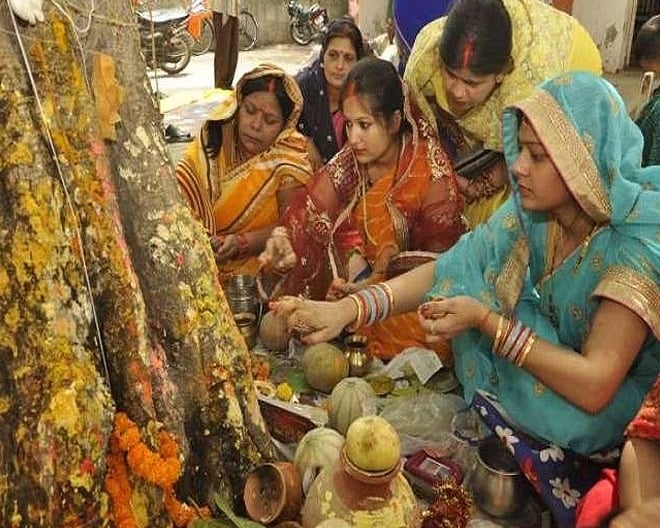SAVITRI BRATA: A TESTAMENT TO LOVE AND DEVOTION
In the rich tapestry of Indian festivals, Savitri Brata stands out as a day imbued with deep cultural and spiritual significance. Celebrated predominantly in the eastern states of India, such as Odisha, Bihar, and Uttar Pradesh, this festival is a solemn vow observed by married Hindu women.


Introduction to Savitri Brata
In the rich tapestry of Indian festivals, Savitri Brata stands out as a day imbued with deep cultural and spiritual significance. Celebrated predominantly in the eastern states of India, such as Odisha, Bihar, and Uttar Pradesh, this festival is a solemn vow observed by married Hindu women. The day, falling on the new moon of the Jyeshtha month, is dedicated to the unwavering devotion of Savitri who, through her sheer determination and piety, reclaimed the life of her husband, Satyavan, from the clutches of death itself.
The Legend of Savitri and Satyavan
The tale of Savitri and Satyavan is one of profound love and dedication. According to the Mahabharata, Savitri was the daughter of King Ashwapati. She chose Satyavan, a prince living in exile, as her husband despite knowing he was destined to die within a year. Undeterred by this foreknowledge, Savitri married Satyavan and devoted herself to him with unwavering faith.
As the fated day approached, Savitri undertook rigorous fasting and penance. When Yama, the god of death, arrived to claim Satyavan's soul, Savitri's eloquence and devotion compelled him to grant her a boon. Through her wisdom and steadfastness, she eventually won back her husband's life, symbolizing victory over death and the power of true devotion.
Rituals and Observances of Savitri Brata
On the day of Savitri Brata, married women wake up early and take a purifying bath. Dressed in new clothes and adorned with traditional jewelry, they offer prayers to Savitri and Satyavan. The women observe a fast, often refraining from consuming even water, showcasing their dedication and resolve.
An essential part of the observance includes making an offering of fruits, grains, and other items to the deities. The women also tie threads around a banyan tree, symbolizing the strength and longevity of their married life. The banyan tree holds special significance as it represents Satyavan's life and steadfastness.
The Cultural and Spiritual Significance
Savitri Brata is much more than a festival; it is a testament to the enduring values of love, devotion, and resilience. It reinforces the importance of marital fidelity and the strength derived from spiritual practices. The story of Savitri and Satyavan serves as an inspiration, reminding us of the transformative power of unwavering faith and determination.
In conclusion, Savitri Brata is a poignant reminder of the virtues of love and devotion that transcend time and circumstances. It is a celebration of the enduring bond between husband and wife, highlighting the profound impact of faith and dedication in overcoming life's challenges.


